Blackeyed Susan Vine Companion Plants That Will Make Your Garden Pop
Black-eyed Susan vines are a beautiful and versatile addition to any garden. They can be grown in a variety of conditions, and they come in a wide range of colors, including yellow, orange, white, and purple. But what if you want to take your garden to the next level? By planting companion plants with your black-eyed Susan vines, you can create a truly stunning display.
In this blog post, we will discuss some of the best companion plants for black-eyed Susan vines. We will talk about why these plants are a good match, and we will provide some tips on how to plant them together. So whether you are a beginner gardener or a seasoned pro, read on for some inspiration!
Why Use Companion Plants?
There are many reasons to use companion plants in your garden. For one, they can help to deter pests and diseases. Some plants, such as marigolds, are known for their insect-repelling properties. Others, such as nasturtiums, can help to attract beneficial insects, such as ladybugs and lacewings, which can help to control pests.
Companion plants can also help to improve the overall health and vigor of your plants. For example, some plants, such as beans, can fix nitrogen in the soil, which can benefit other plants that need this nutrient. Other plants, such as yarrow, can help to improve drainage and aeration in the soil, which can benefit all of the plants in your garden.
Finally, companion plants can simply make your garden look more beautiful. By planting different colors and textures of plants together, you can create a truly stunning display.
Best Companion Plants for Black-eyed Susan Vines
There are many different companion plants that you can choose from, but here are a few of our favorites:
- Marigolds: Marigolds are a classic companion plant for black-eyed Susan vines. They help to deter pests, such as aphids and whiteflies, and they also attract beneficial insects. Marigolds come in a variety of colors, so you can choose ones that will complement the colors of your black-eyed Susan vines.
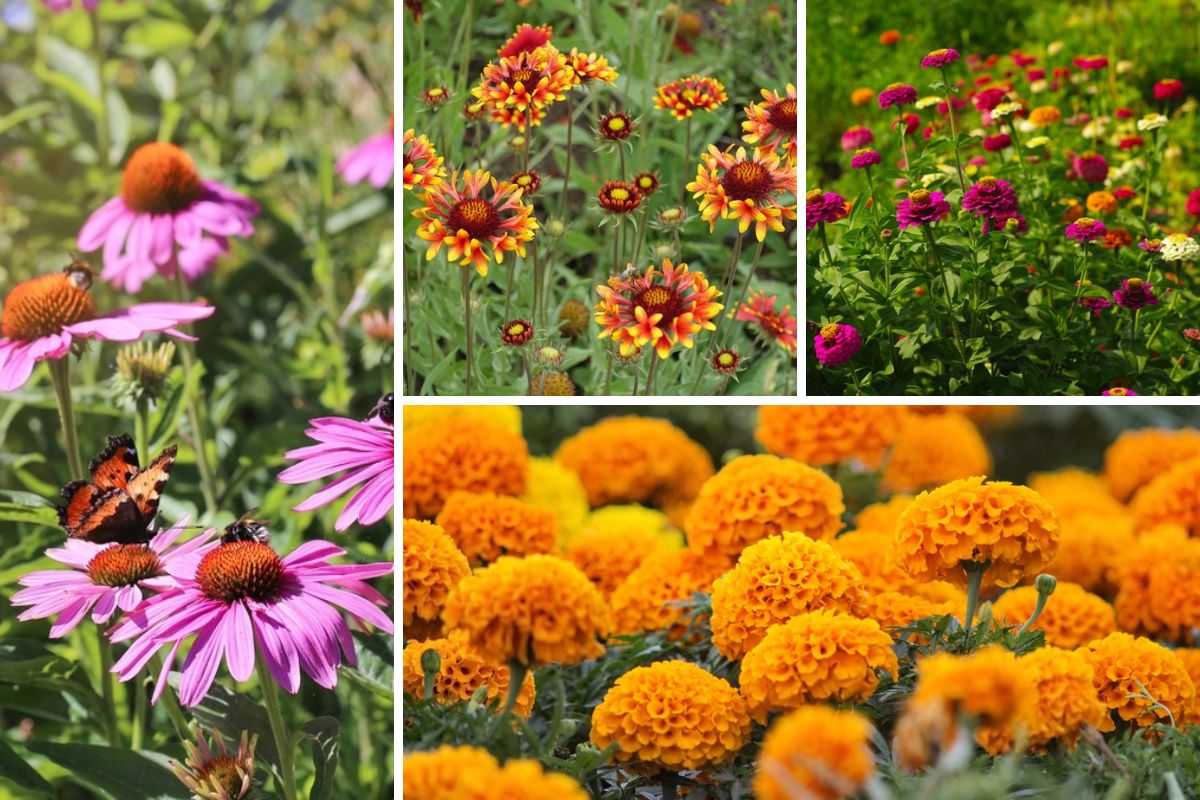
- Zinnias: Zinnias are another great companion plant for black-eyed Susan vines. They come in a wide range of colors, so you can create a truly colorful display. Zinnias also attract beneficial insects, such as butterflies and hummingbirds.

- Petunias: Petunias are a popular choice for hanging baskets, and they can also make a great companion plant for black-eyed Susan vines. They come in a variety of colors, and they are easy to care for.
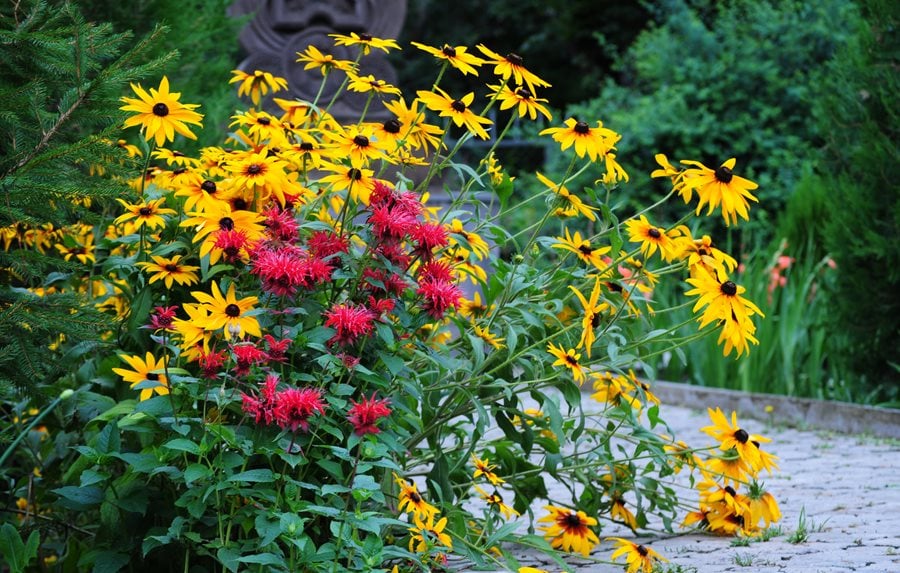
- Calibrachoa: Calibrachoa is a type of petunia that is known for its cascading blooms. It is a great choice for hanging baskets, and it can also be planted in the ground. Calibrachoa comes in a variety of colors, including orange, pink, and purple.

- Lavender: Lavender is a beautiful and fragrant plant that can make a great companion plant for black-eyed Susan vines. It helps to deter pests, such as mosquitoes and flies, and it also attracts beneficial insects. Lavender is a low-maintenance plant, and it can be grown in a variety of conditions.

- Yarrow: Yarrow is a hardy plant that can help to improve the drainage and aeration in your soil. It also attracts beneficial insects, such as ladybugs and lacewings. Yarrow is a low-maintenance plant, and it can be grown in a variety of conditions.

How to Plant Companion Plants with Black-eyed Susan Vines
When planting companion plants with black-eyed Susan vines, there are a few things to keep in mind. First, you want to choose plants that will complement each other in terms of color and texture. You also want to make sure that the plants have similar water and sunlight requirements.
Once you have chosen your companion plants, you can plant them together in the same bed or container. When planting, be sure to space the plants out so that they have enough room to grow.
Conclusion
By planting companion plants with your black-eyed Susan vines, you can create a truly stunning display that will attract beneficial insects and deter pests. So what are you waiting for? Get started today!
Black-eyed Susan vines are a beautiful addition to any garden, but they can be even more stunning when paired with the right companion plants. Here are a few of my favorites:
- Common yarrow: This low-maintenance plant is a great way to add some height and structure to your garden. It also attracts beneficial insects, which can help to keep pests away from your black-eyed Susan vines.

- Lavender: This fragrant herb is not only beautiful, but it also deters pests and attracts pollinators. Lavender is a great choice for planting near your black-eyed Susan vines if you want to attract bees, butterflies, and hummingbirds.
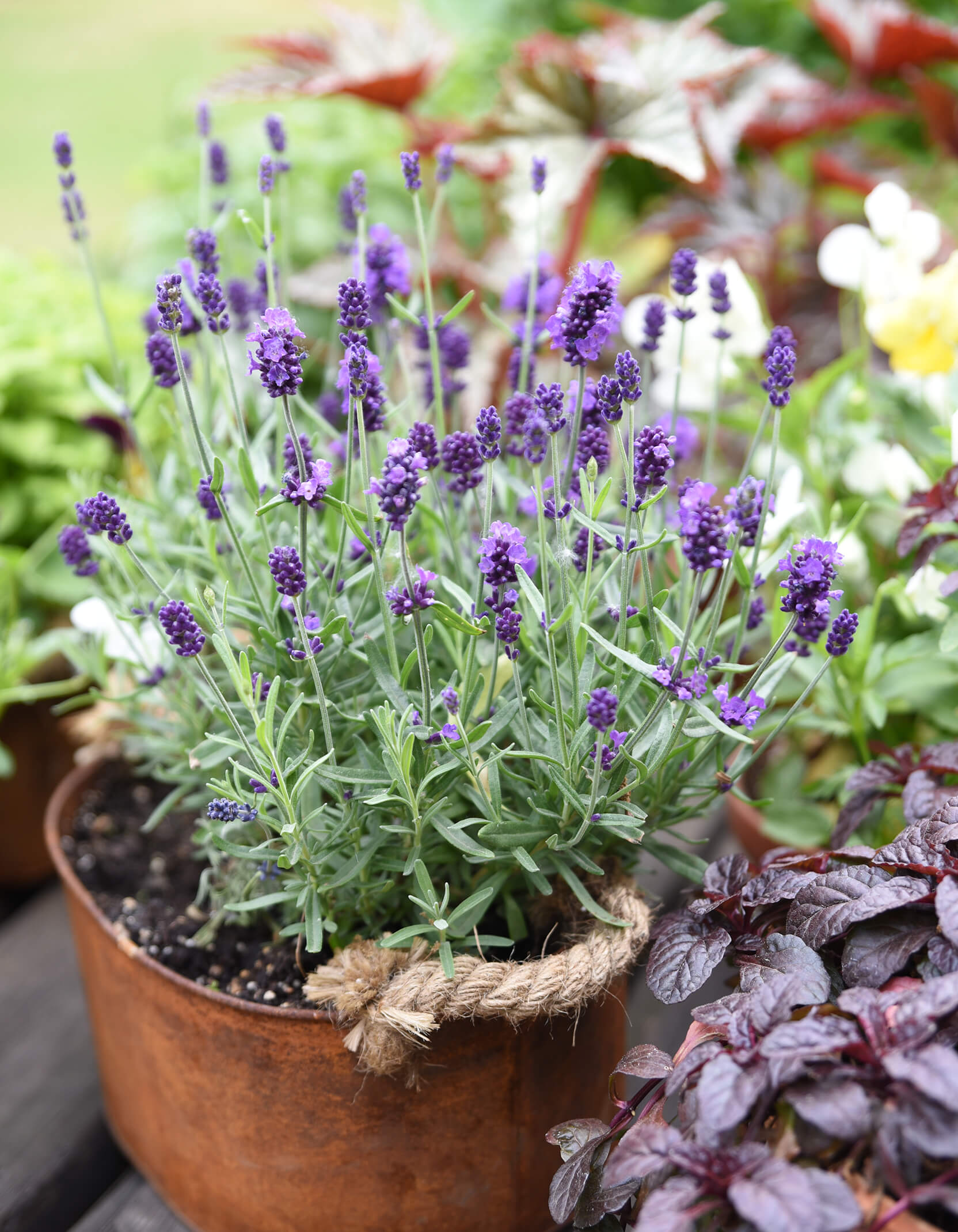
- Marigolds: These bright orange flowers are a classic companion plant for black-eyed Susan vines. They not only add a pop of color to your garden, but they also help to repel pests.
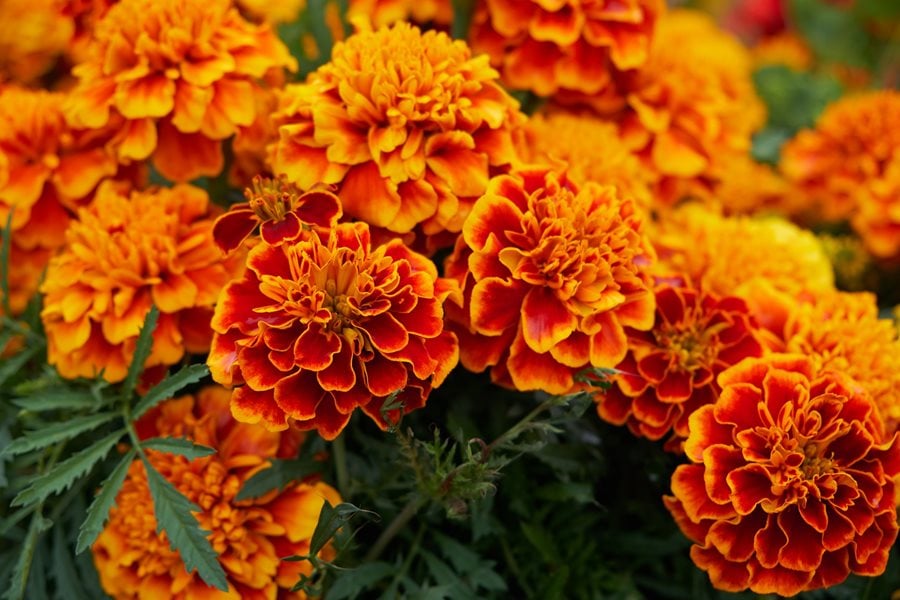
- Bee balm: This native North American plant is a great way to attract pollinators to your garden. It also has a lovely fragrance that can help to deter pests.
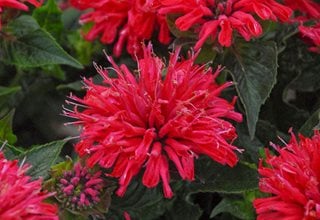
If you're looking for more information about black-eyed Susan vine companion plants, I recommend visiting Gardenia Inspiration. This website has a comprehensive list of companion plants for black-eyed Susan vines, as well as tips on how to plant and care for these beautiful flowers.
FAQ of black eyed susan vine companion plants
Question 1: What are some good companion plants for black eyed Susan vines?
Answer: Some good companion plants for black eyed Susan vines include:
- Marigolds: Marigolds are a classic companion plant for black eyed Susans. They help to deter pests and attract beneficial insects, such as bees and butterflies.

- Daisies: Daisies are another good choice for companion plants for black eyed Susans. They have similar growing requirements and help to attract pollinators.
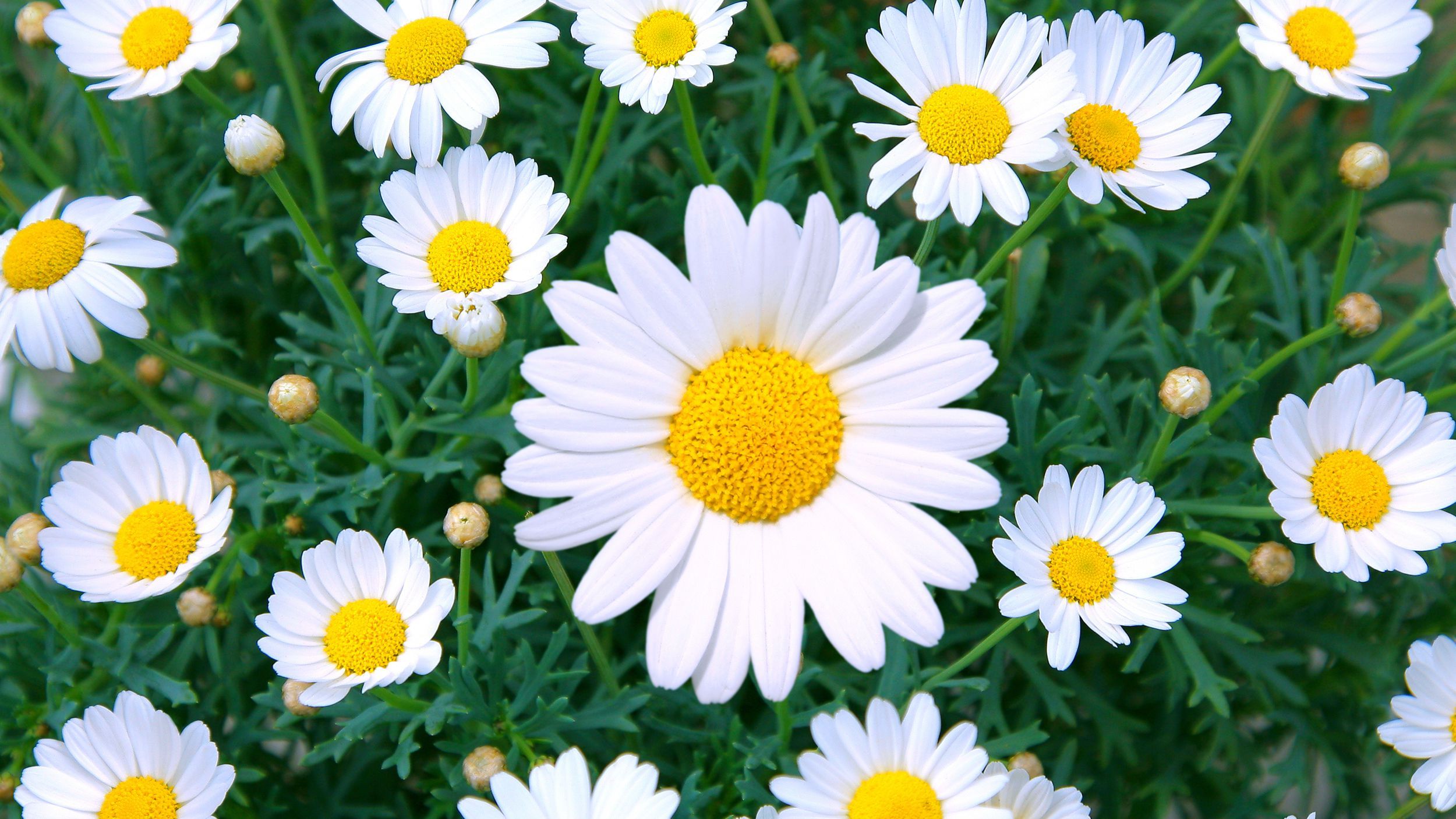
- Salvia: Salvia is a colorful and drought-tolerant plant that makes a great companion for black eyed Susan vines. It can help to attract pollinators and deter pests.
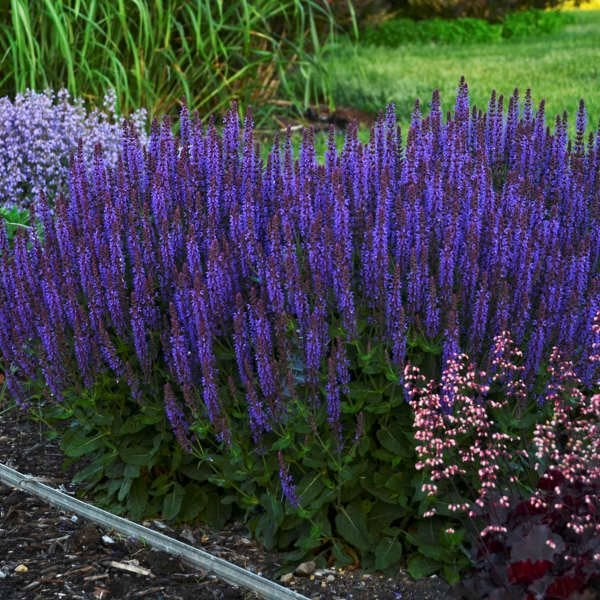
- Speedwell: Speedwell is a low-growing plant that can help to fill in the space around black eyed Susan vines. It also attracts pollinators and helps to deter pests.
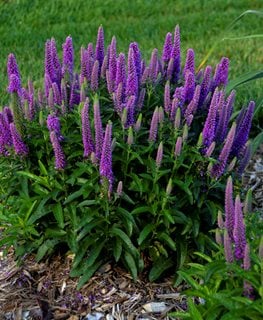
- African daisy: African daisies are a beautiful and colorful plant that makes a great companion for black eyed Susan vines. They help to attract pollinators and can tolerate some shade.
Question 2: What are the benefits of planting companion plants with black eyed Susan vines?
Answer: There are several benefits to planting companion plants with black eyed Susan vines. These include:
- Attracting pollinators: Companion plants can help to attract pollinators, such as bees and butterflies. These insects are important for the pollination of black eyed Susan vines, which can help to improve their flowering and fruit production.
- Deterring pests: Some companion plants can help to deter pests, such as aphids and spider mites. This can help to protect black eyed Susan vines from damage and keep them healthy.
- Completing the landscape: Companion plants can help to complete the landscape around black eyed Susan vines. They can add color, texture, and height to the garden, and they can help to fill in any empty spaces.
Question 3: How many black eyed Susan vines should I plant in a planter?
Answer: The number of black eyed Susan vines you should plant in a planter depends on the size of the planter. In a small planter, you may only want to plant one or two vines. In a larger planter, you could plant up to four or five vines.
Question 4: Where is the best place to plant black eyed Susan vine?
Answer: Black eyed Susan vines prefer full sun, but they can tolerate some shade. They also need well-draining soil. The best place to plant black eyed Susan vines is in a location that gets plenty of sunlight and has good drainage.
Question 5: How do I care for black eyed Susan vine companion plants?
Answer: The care requirements for black eyed Susan vine companion plants vary depending on the specific plant. However, most companion plants for black eyed Susan vines need full sun and well-draining soil. They should also be watered regularly, especially during hot, dry weather.
Image of black eyed susan vine companion plants
- Common Yarrow: This plant is a good companion for black-eyed Susans because it attracts beneficial insects and helps to deter pests. It also has attractive white, red, and purple blooms that complement the yellow flowers of the black-eyed Susan.

- Blanket Flowers: These flowers have a similar bloom time to black-eyed Susans, so they can help to extend the color in your garden. They also come in a variety of colors, so you can choose ones that will complement the black-eyed Susans.

- Coneflowers: These flowers are a classic companion for black-eyed Susans. They have similar flower shapes and colors, and they both attract beneficial insects.

- Russian Sage: This plant is a good choice for a background plant for black-eyed Susans. It has tall, airy blooms that add a touch of elegance to the garden.
- Salvia: This plant is another good choice for a background plant for black-eyed Susans. It has a variety of colors, so you can choose ones that will complement the black-eyed Susans.
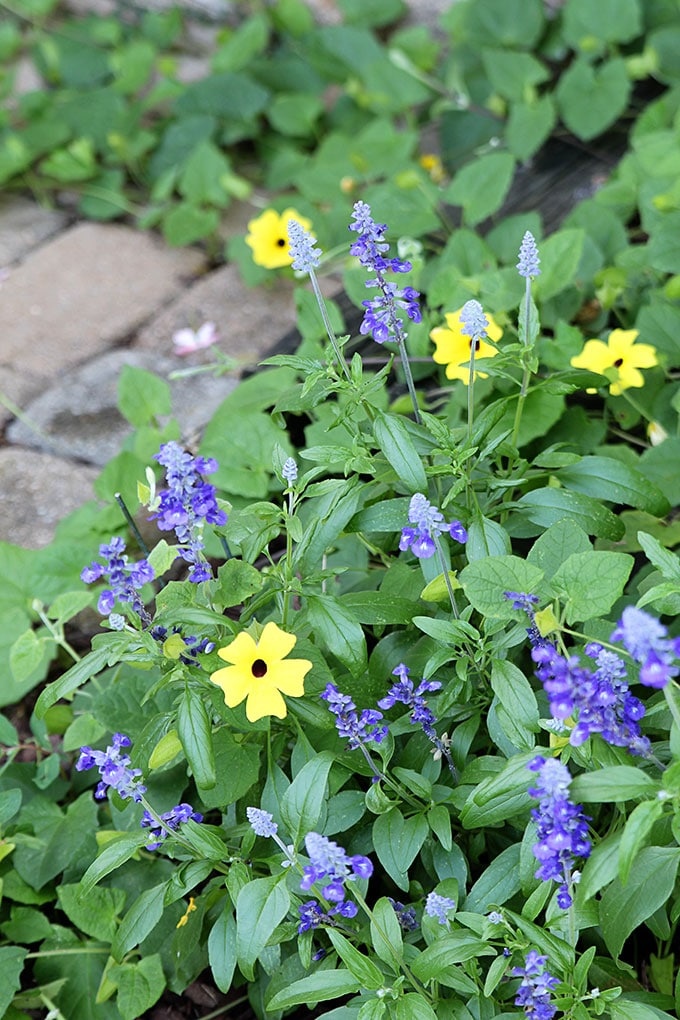
Post a Comment for " Blackeyed Susan Vine Companion Plants That Will Make Your Garden Pop"